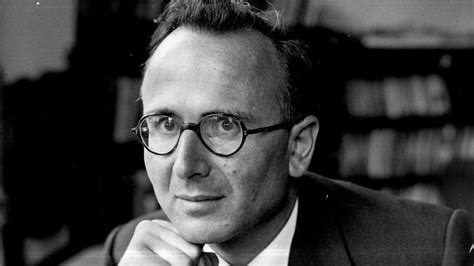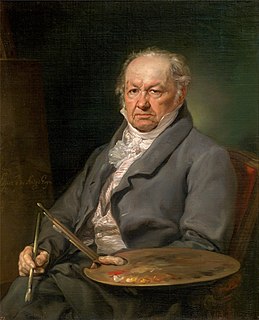A Quote by Nicholas Mosley
There is curiously little art concerning the efficacy of reason - perhaps simply because reason is not noticeably efficacious.
Related Quotes
We hear in these days of scientific enlightenment a great deal of discussion about the efficacy of Prayer. Many reasons are given why we should not pray. Others give reasons why we should pray. Very little is said of the reason we do pray. The reason is simple: We pray because we cannot help praying.
You see, gentlemen, reason is an excellent thing, there’s no disputing that, but reason is nothing but reason and satisfies only the rational side of man’s nature, while will is a manifestation of the whole life, that is, of the whole human life including reason and all the impulses. And although our life, in this manifestation of it, is often worthless, yet it is life and not simply extracting square roots.
Perceived self-efficacy also shapes causal thinking. In seeking solutions to difficult problems, those who perceived themselves as highly efficacious are inclined to attribute their failures to insufficient effort, whereas those of comparable skills but lower perceived self-efficacy ascribe their failures to deficient ability
I also came to see that liberalism's superficial optimism concerning human nature caused it to overlook the fact that reason is darkened by sin. The more I thought about human nature the more I saw how our tragic inclination for sin causes us to use our minds to rationalize our actions. Liberalism failed to see that reason by itself is little more than an instrument to justify man's defensive ways of thinking. Reason, devoid of the purifying power of faith, can never free itself from distortions and rationalizations.
There are two excesses: to exclude reason, to admit nothing but reason. The supreme achievement of reason is to realise that there is a limit to reason. Reason's last step is the recognition that there are an infinite number of things which are beyond it. It is merely feeble if it does not go as far as to realise that.
Where did I get it from? Was it by reason that I attained to the knowledge that I must love my neighbour and not throttle him? They told me so when I was a child, and I gladly believed it, because they told me what was already in my soul. But who discovered it? Not reason! Reason has discovered the struggle for existence and the law that I must throttle all those who hinder the satisfaction of my desires. That is the deduction reason makes. But the law of loving others could not be discovered by reason, because it is unreasonable.







































